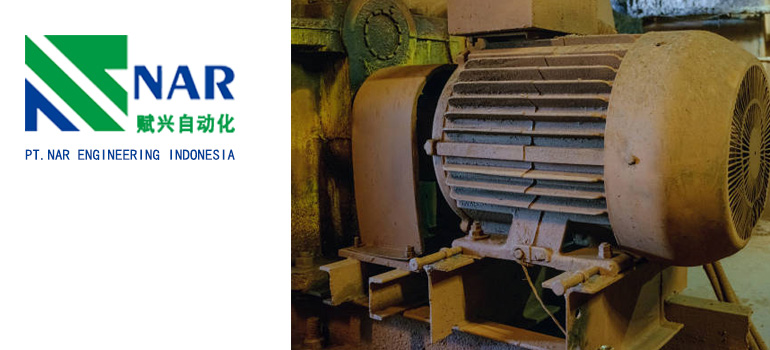Summary:
How to Choose a Conveyor Motor: A Comprehensive Guide
Preparing for the Selection
Choosing the Conveyor Motor
Evaluating Suppliers and Brands
Success Stories and Application Recommendations
Conveyor motor play a crucial role in modern industry, serving as the powerhouse that drives the efficient transportation of materials along production lines. Choosing the right conveyor motor is essential for enhancing production efficiency, reducing energy consumption, and prolonging equipment life. This article provides a detailed guide to help you understand how to select a conveyor motor that suits your specific requirements.

Preparing for the Selection
Before diving into the selection process, it’s essential to consider several key factors:
Load Requirements
Determining the type and size of the load that the conveyor will carry is the primary task in selecting the motor. Different load types (heavy, medium, or light materials) have varying demands on the motor.
Speed and Capacity
Based on the speed of your production line and the required conveying capacity, establish the necessary motor capacity and output speed. This directly impacts overall system performance and production efficiency.
Environmental Factors
Take into account the impact of the working environment on the conveyor motor. Factors such as humidity, corrosiveness, or high temperatures may necessitate the selection of motors with specific design features.
Choosing the Conveyor Motor
Power and Efficiency
Selecting a motor with appropriate power is crucial. Generally measured in horsepower (HP), the motor’s power should match the load requirements. Additionally, consider the efficiency of the motor; opting for models with high energy efficiency helps reduce operational costs.
Type and Structure
Choose a motor type based on the conveyor’s design. For example, linear conveyors may require different motor types than inclined conveyors. Understand the structural features of the motor to ensure compatibility with specific application scenarios.
Control Options
Some applications may require motors with adjustable speed or reverse operation capabilities. Ensure the selected motor supports the control requirements of your system to enhance production line flexibility.
Durability and Maintenance
Opt for motors with a longer lifespan and lower maintenance requirements to minimize downtime and maintenance costs. Explore manufacturers’ specifications and user reviews to gain insights into motor longevity and maintenance needs.
Evaluating Suppliers and Brands
Brand Reputation
Choose motors from reputable manufacturers to ensure compliance with industry standards and reliable product quality. Well-known brands have a track record of trustworthiness.
Technical Support and Services
Consider the technical support and after-sales services provided by the supplier. Timely technical assistance and warranty services are crucial for long-term operation.
Cost-effectiveness
Consider the overall cost of the motor, including purchase price, energy efficiency, and maintenance costs. Select an option that aligns with your budget and offers the best long-term cost-effectiveness.
Success Stories and Application Recommendations
Referencing successful cases and industry application recommendations can provide valuable insights and guidance for your motor selection process.
Selecting the right conveyor motor is a key step in ensuring the efficiency of production lines. Before making a decision, thoroughly understand your load requirements, speed and capacity needs, and the working environment. By considering factors such as power, efficiency, type, and brand reputation, you can choose a conveyor motor that best suits your application, providing reliable power support for the smooth operation of your production line. Carefully assess suppliers and brands to ensure ongoing technical support and services. Lastly, by delving into industry applications and success stories, you gain a comprehensive perspective and decision-making foundation for your motor selection.
Maybe you are interested in the following:What is a Conveyor Drive Unit?

